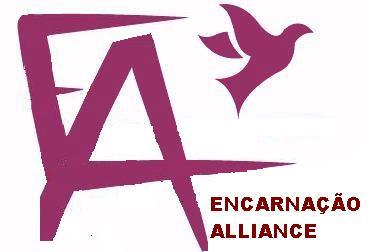
BIBLICAL ECONOMICS...
From an integrated theology developed in TUL500, concepts and practice of economic discipling of individuals, family, community and national/ global levels are introduced.
We examine five levels of application of the 10 principles of Economic Discipleship.
1. Individual and family.
2. Cooperative Economics at community level and national cooperative movemnts
3. Microfinances at community levels and Microfinance Instituions (MFI)
4. Entrepreneurship
5. Urban & Global Economic Theories
Economic Discipleship
COOPERATIVE PRACTICE
Students learn processes of capital formation through cooperative savings.
Cooperative economics is inherent in the Jubilee, Jesus twelve, the first church and throughout church history. It also occurs in multiple coultural ways. Examining some of the principles formalized over the last 150 years. Cooperatives

MICROFINANCES
Since the mid-1970's a global movement of capital formation through collective savings has developed. Capital access through microloans has now become mainstreamed into the Microfinance industry (MFI).
Explore Microfinance concepts.

SOCIAL ENTREPRENEURSHIP
An introduction to the underlying qualities, infrastructure factors and essential processes for emergence of an entrepreneur in the slums and the applicaion of similar principles to social entrepreneurship.
What are qualities of an entrepreneur?
What are some of the structural requirments that facilitate entrepereneurship at slium levels?
What is social entrepreneurship? Entrepreneurs

URBAN & GLOBAL ECONOMIC THEORIES
Students will be able to describe aspects of global economics that affect the slums: the two circuits, trade between cities, conditions for achievement orientatioin, religious/psychological preconditions in cultures for economic take-off and the effects of these on lower circuit release of entrepreneurs
How does Biblical Economics critique Global Capitalism, Socialism and Marxism? What are some of the key Urban Economics and Development Economics theories that bear upon slum economics? Economic Theories


